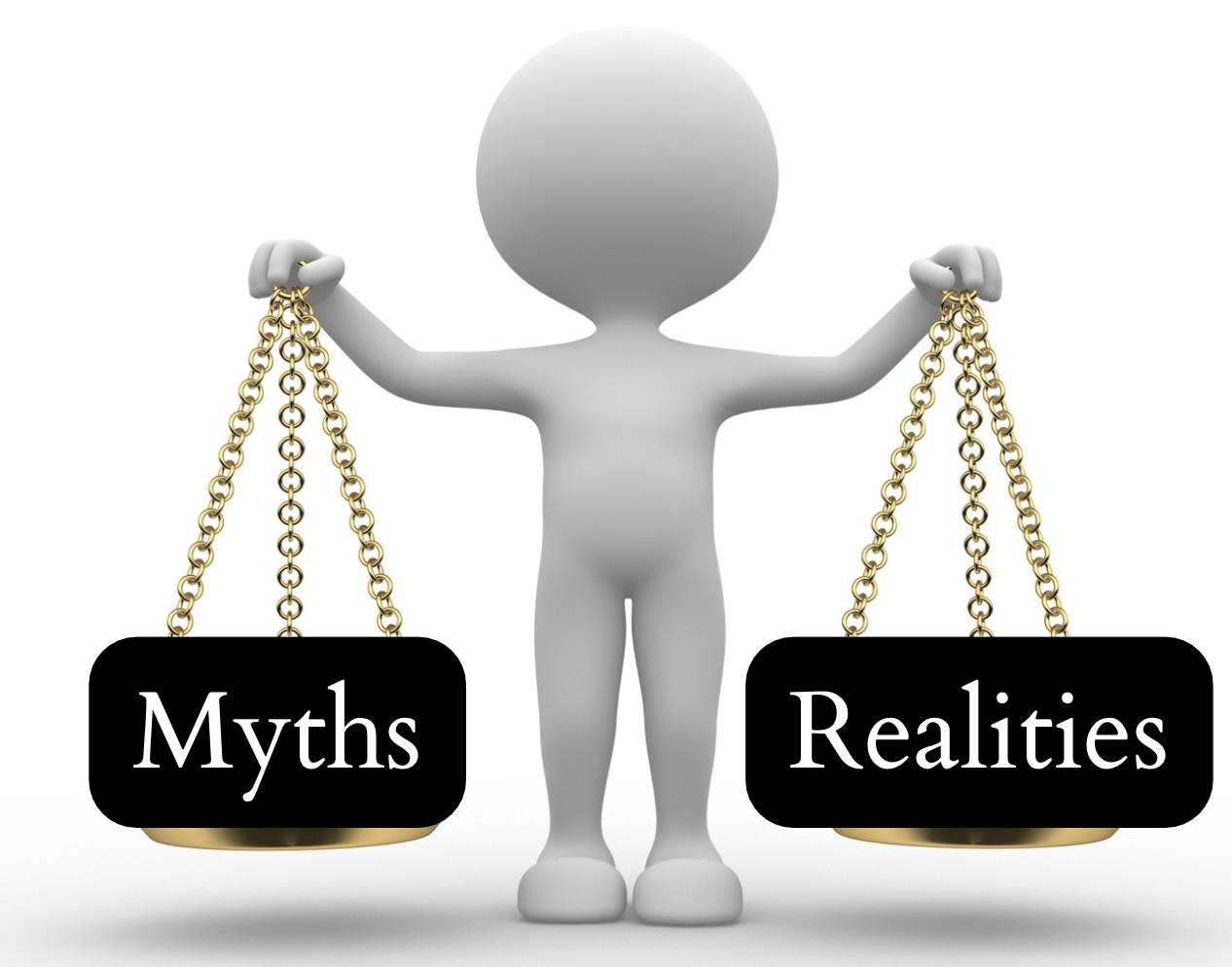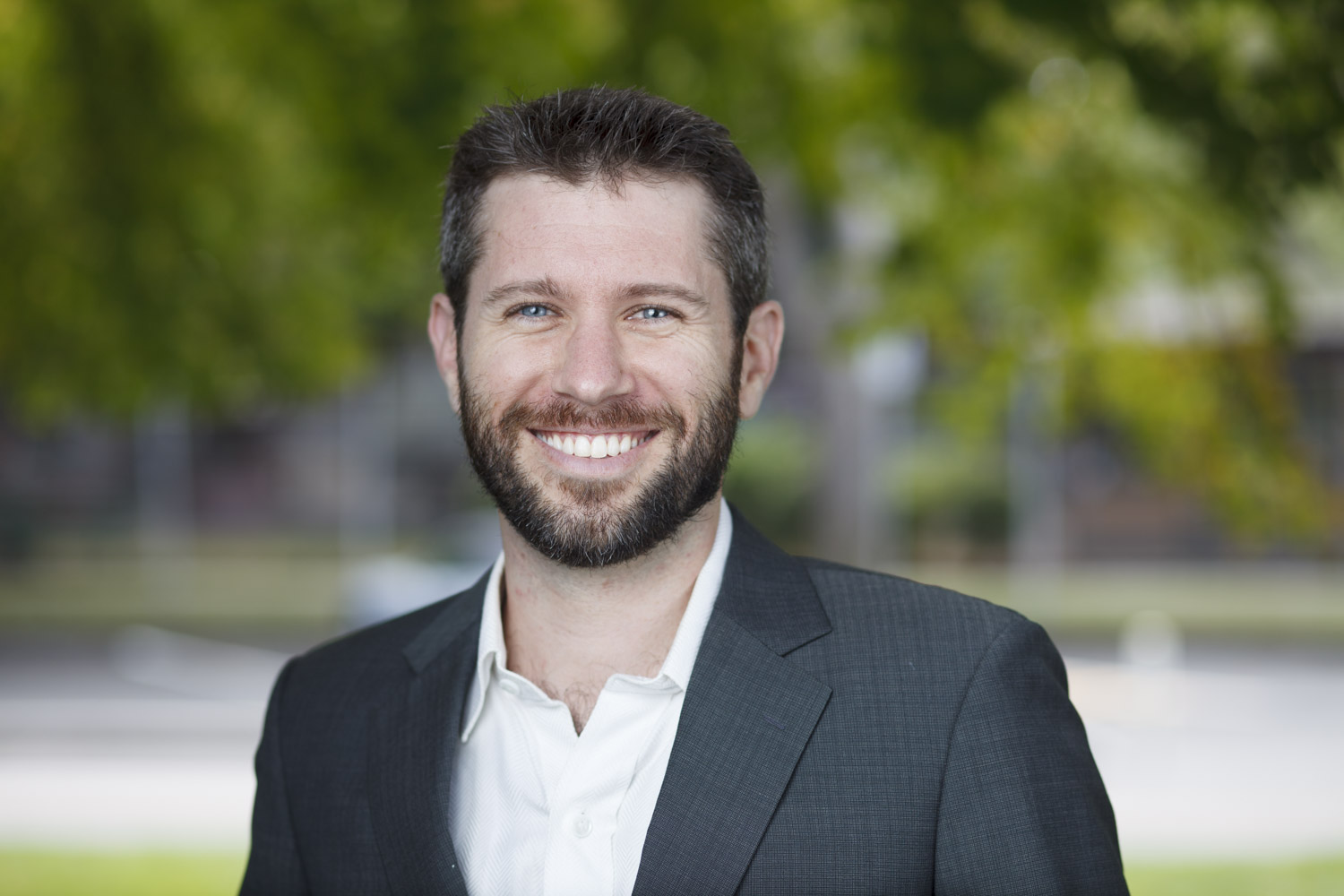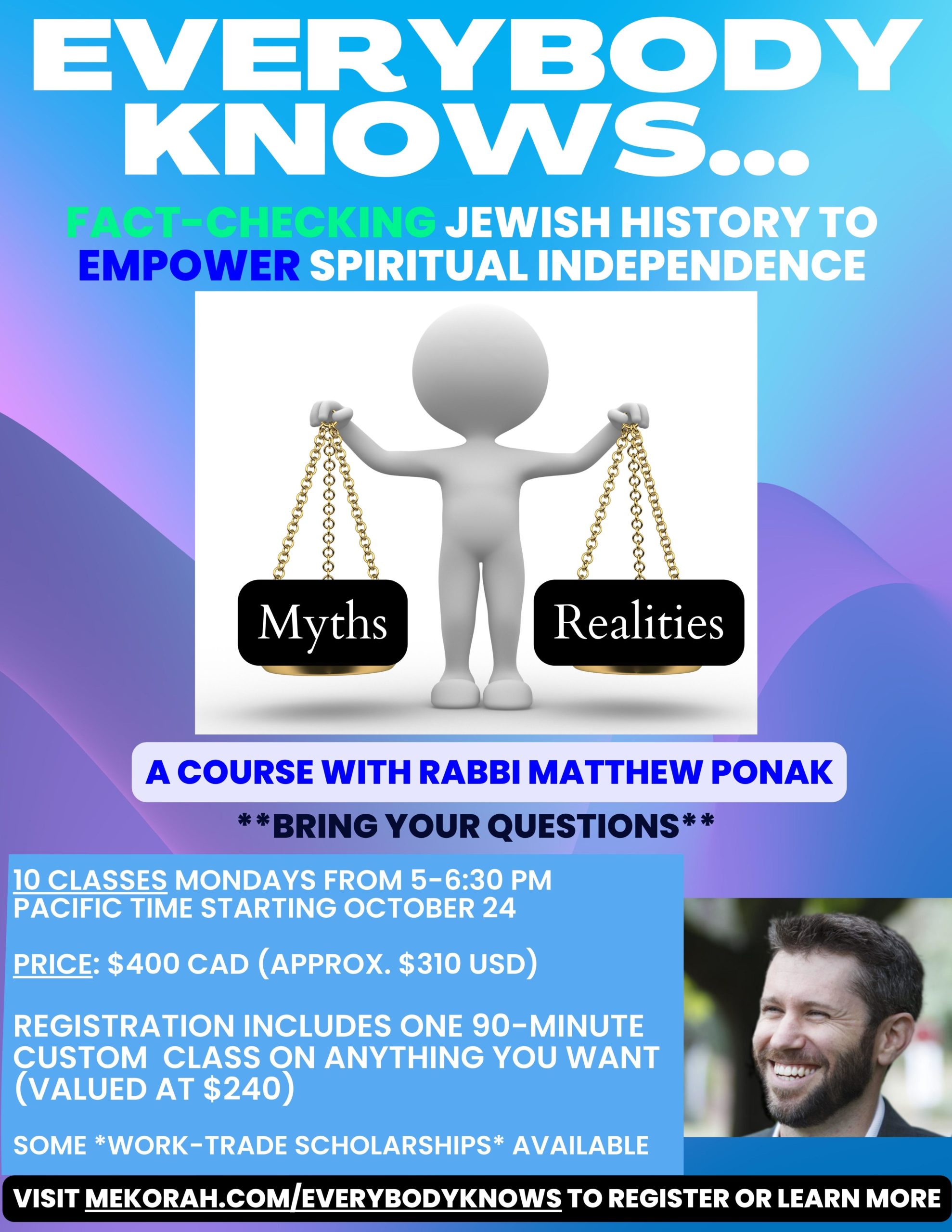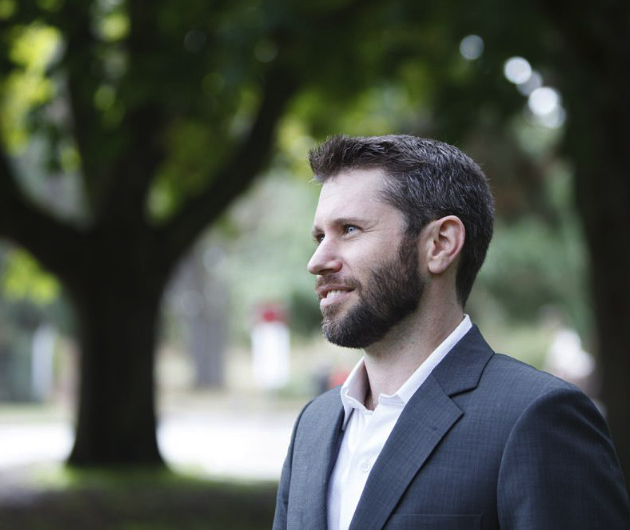
Everybody Knows: Fact-Checking Jewish History to Empower Spiritual Independence
10 classes on Mondays from 5-6:30pm Pacific Time from October 24 until December 19th with the last class on January 9th
Cost: $400 CAD (Approx. $310 USD)
*Registration includes one 90-minute custom class for you and up to three guests (valued at $240)*
Some work-trade scholarships available. Email info@mekorah.com to request a scholarship.
This is a hybrid class. It’s online OR in-person: if you live in Victoria, BC and want to be there live.

The inspiration for this class:
In the early summer I got a message from a troubled friend. She was having a really difficult time squaring her own sense of Judaism with information she had been hearing from the Orthodox community where she lived. My friend converted through Reform Judaism many years ago and has a very strong connection with Jewish spirituality. More recently, she felt a yearning to explore a community that was really traditional in its practice. However, in the Orthodox world, she was repeatedly told that her conversion was not valid — that she was not “really Jewish.”
This spurred her to contact me. In the midst of our emotional phone call, she asked me a lot of other questions like, “Is the Torah really from God, given to Moses on Mount Sinai?” And, “If it isn’t, why should we be Jewish?” We spoke at length and I assured her that any group today which claims sole ownership over conversion is at odds with the vast majority of Jewish history. Orthodox synagogues have a right to say who is and who is not Orthodox, but they cannot claim in good faith that they represent all of Judaism, present or past.
And so, my friend and I dreamed up this course to address the all-too-common myths of our religion
These myths, despite encouraging the views of the most fervent traditionalists of today, are not contradicted by most liberal rabbis who disagree with those traditionalists on many issues. Many academically-informed rabbis tend not to challenge these narratives out of fear of alienating or disorienting some of their congregants. The reality is that, while some members of the community find this material existentially challenging, others are validated on a deep level by hearing about it. For example, the tradition of kosher forks and knives is a recent phenomenon in Jewish history and the Torah itself did not originally prohibit mixing milk and meat. Indeed, many also find it cathartic to hear that some of our greatest sages have been practicing meditation — and even favouring it over prayer services — for many centuries.
The truth is, the information most rabbis learn in rabbinical school (and are hesitant to share in sermons) would blow open the doors of what it means — or could mean — to be a practicing Jew.
In this course you will learn:
-
The varied and surprisingly laid-back history of Jewish conversion
-
The real reason why Halakhic Jews today use many sets of dishes to keep Kosher (hint: it’s not in the codes of law)
-
The reason why you’re in good company if you really don’t like some stories in the Bible (The Bible criticizes itself on many occasions!)
-
The diverse Jewish communities throughout history that show how Orthodox Judaism is not “the way it’s always been…” before our era
-
The hopeful and empowering story of the multiple authors of the Torah
-
The archeological evidence (or lack there of) for the Exodus narrative (and why it’s still okay to have a Seder!)
-
That every Jewish holiday is an earth-based holiday related to climactic and agricultural cycles (even if the Torah or Talmud tries to say otherwise)
-
How Rosh Hashanah and many other holidays came into existence long after the Torah was written
-
Anything else you’re curious about in Judaism that you want to know

About Rabbi Matthew Ponak
Some might say that I was born to be a spiritual innovator and to open the gates of Jewish wisdom to people yearning for a way in. However, just because some might say it, does not make it true. In reality, it has been a long journey to find my way into this calling.
When I was a child in Calgary, Alberta, the adults around me thought I would be anything from a doctor to a mathematician, or perhaps a professional ping-pong player. Up until my mid-teens, when I wasn’t competing in racket sports or dribbling a basketball, I was focusing on school work with a special fondness for the hard sciences. At the age of sixteen, however, I stepped into a class on Jewish mysticism that changed my life forever.
That fortuitous moment began my inner and outer search for transformational wisdom that has lasted until this day. Along the way, I explored practices and beliefs from spiritual traditions of the East and West, gained insight from a multitude of psychological approaches, and found unique beauty in each of the denominations of Judaism. I also learned the immeasurable value of being honest with myself and found tools and lifestyle choices to support inner growth and self-awareness.

I deeply value the balance between presenting esoteric teachings in a way that is readily accessible (and in English!), while also creating the context for individuals to find their own voice and thrive. It is incredibly important for me to be able to provide access to Jewish mysticism and wisdom to those who feel alienated, confused, or intimidated by traditional routes.
Matthew’s evolving vision of an evolving Judaism steps beyond the limits of a supposed Jewish essentialism, shatters the imposed conformity of an imagined Jewish continuity, and allows the iconoclastic daring of Jewish creativity to reinvent who is and what it means to be a Jew in the 21st century.
“Matthew is a wonderful teacher who makes class accessible to students of all kinds from any religious or non-religious background. He injects humor and stories into his teachings to keep everyone engaged, but is able to communicate a powerful message. I highly recommend taking any class that speaks to you!”
